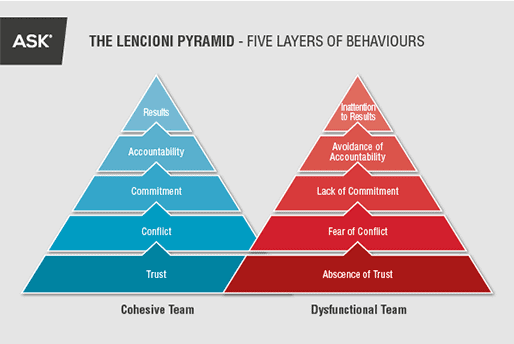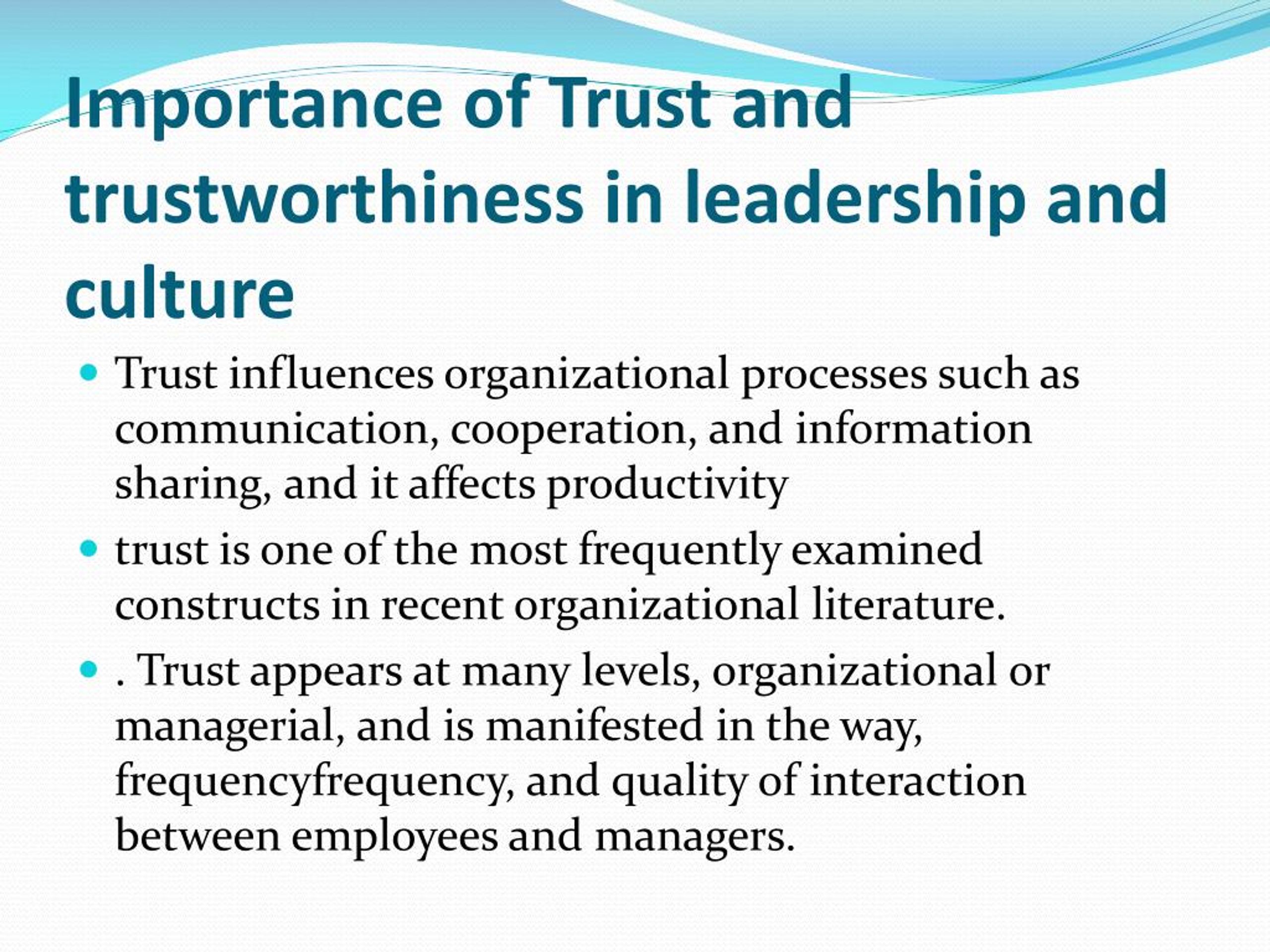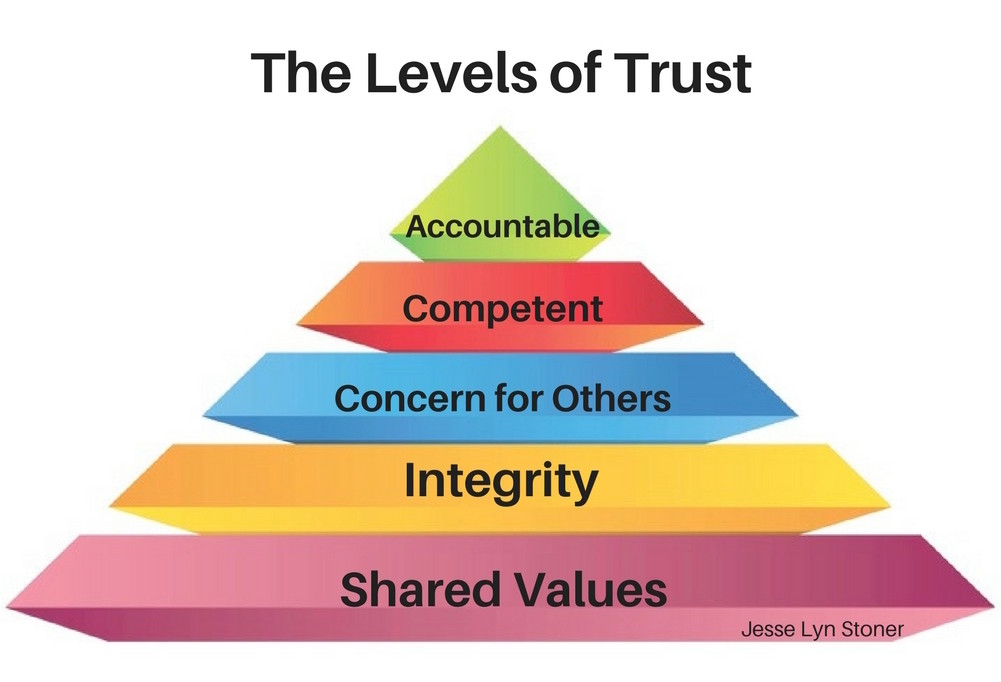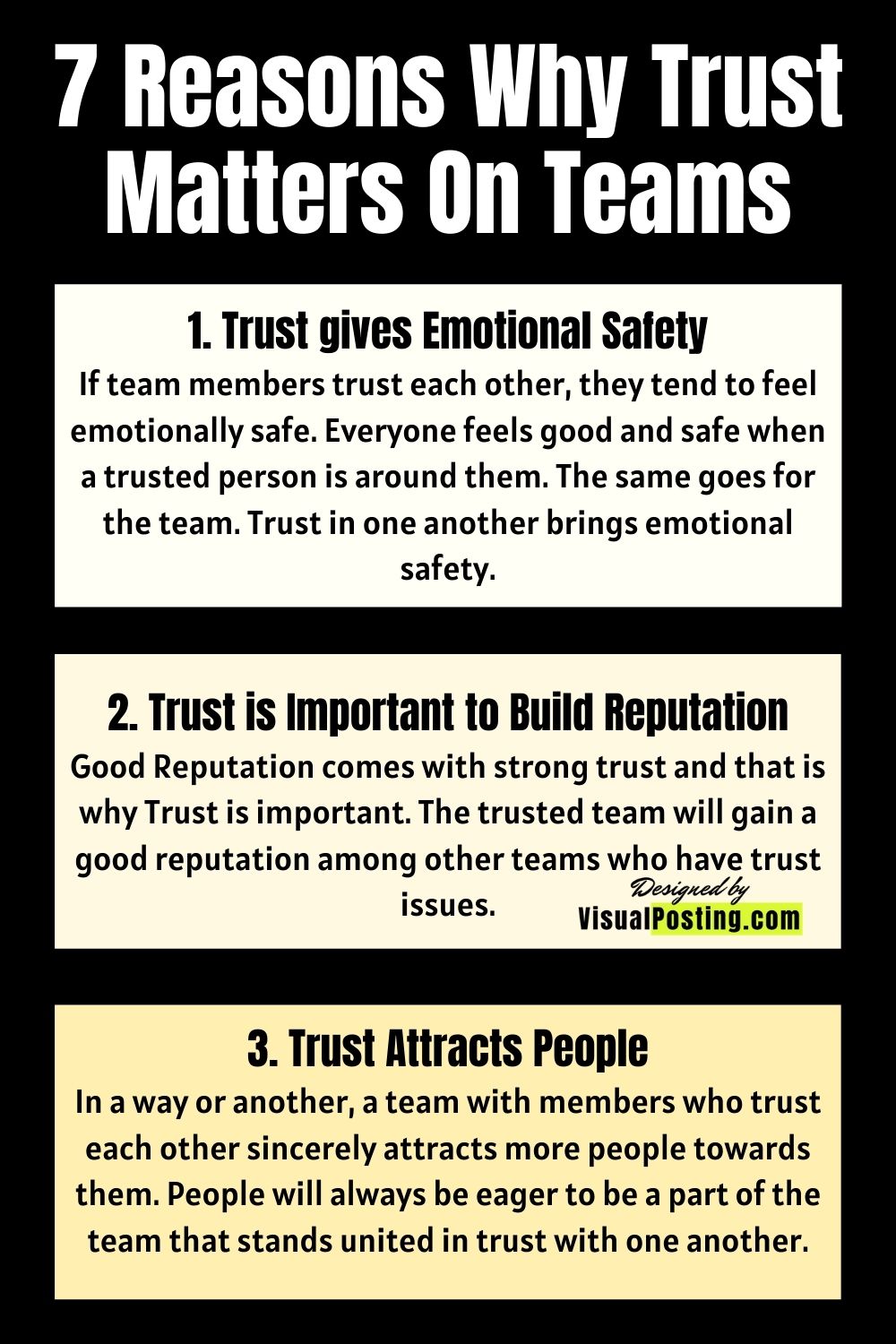Why Is Trust Important In Leadership

Imagine a ship navigating through a stormy sea. The crew, battered by relentless waves and howling winds, looks to their captain, not just for direction, but for reassurance. In that moment, the captain's calm demeanor, their decisive orders, and the unwavering belief they inspire become the life raft keeping everyone afloat. This vivid image encapsulates the very essence of trust in leadership, a bedrock upon which effective teams and successful organizations are built.
At its core, trust is the unwavering belief in the reliability, truth, ability, and strength of someone. In leadership, it's the bedrock upon which teams thrive, innovation flourishes, and organizations achieve lasting success. This article explores the profound significance of trust in leadership, delving into its multifaceted benefits and illustrating why it's not just a desirable trait but an absolute necessity.
The Foundation of Collaboration and Teamwork
Trust is the glue that binds teams together. When team members trust their leader and each other, they're more likely to collaborate effectively, share ideas openly, and support one another through challenges.
According to research from the Harvard Business Review, teams with high levels of trust are more productive, innovative, and resilient. This fosters a psychologically safe environment where individuals feel comfortable taking risks and voicing dissenting opinions, leading to better decision-making and problem-solving.
Boosting Morale and Engagement
Leaders who cultivate trust inspire greater morale and engagement among their followers. When employees believe their leader has their best interests at heart and is acting with integrity, they're more likely to be motivated, committed, and passionate about their work.
A study by Gallup found that employees who trust their leaders are more likely to recommend their company as a great place to work, less likely to be actively looking for a new job, and more likely to be engaged in their work.
Driving Innovation and Creativity
Trust creates a fertile ground for innovation and creativity to blossom. When employees feel safe to experiment, take risks, and challenge the status quo without fear of retribution, they're more likely to come up with innovative ideas and solutions.
Brené Brown, a renowned researcher and author on vulnerability and leadership, argues that vulnerability is essential for fostering trust, and that true innovation requires a willingness to embrace failure and learn from mistakes.
Enhancing Communication and Transparency
Trust fosters open and honest communication between leaders and their teams. When leaders are transparent about their decisions, intentions, and challenges, it builds trust and strengthens relationships with their employees.
According to the Edelman Trust Barometer, transparency is a key driver of trust in organizations. Employees are more likely to trust leaders who are honest, ethical, and willing to admit mistakes.
Navigating Through Challenges and Crisis
During times of crisis and uncertainty, trust becomes even more critical. Leaders who have built strong relationships based on trust are better equipped to navigate through challenges, inspire confidence in their teams, and lead their organizations to safety.
Simon Sinek, author of "Start With Why", emphasizes that leaders who prioritize trust and purpose are more likely to inspire loyalty and resilience during challenging times.
Cultivating Trust: A Leader's Responsibility
Building trust is not a one-time event but an ongoing process that requires consistent effort and commitment. Leaders can cultivate trust by being authentic, transparent, and empathetic.
They also need to demonstrate competence, integrity, and a genuine concern for the well-being of their employees. This includes actively listening to their concerns, providing constructive feedback, and recognizing their contributions.
Ultimately, the effectiveness of a leader hinges not just on their skills or knowledge, but on their ability to cultivate genuine trust. It's a continuous investment that yields invaluable returns: stronger teams, greater innovation, higher engagement, and the resilience to weather any storm. Leaders who prioritize building and maintaining trust are not only creating successful organizations, they are fostering a culture of respect, collaboration, and shared success.


















